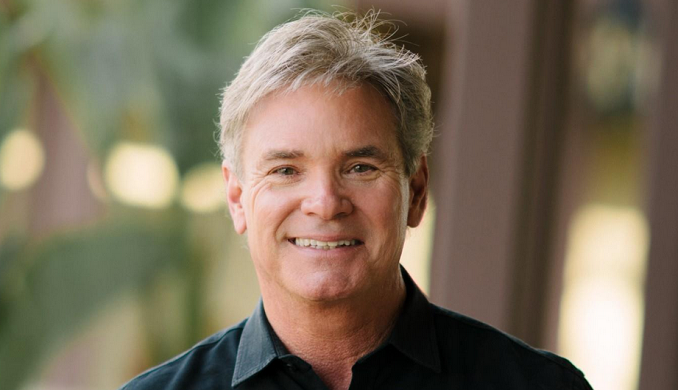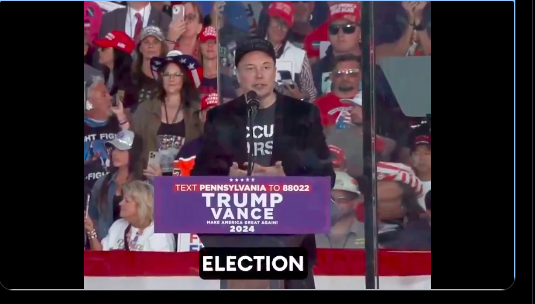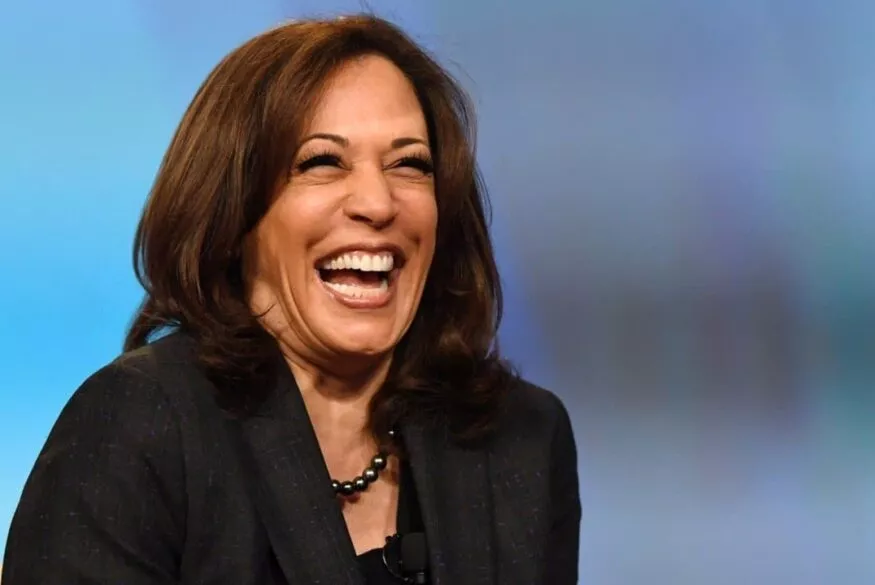Pastor Calls for Christian Political Involvement, Urging Active Engagement
In a bold declaration, a prominent pastor has reignited a debate that has long resonated within Christian communities: Should believers engage in the political realm? Pastor Jack Hibbs, a well-known figure in Christian circles, recently emphasized that Christians have a vital role in shaping the moral and political landscape of the country. Speaking at a recent church event, Hibbs underscored that faith should not be isolated from politics, as the two are deeply intertwined when it comes to upholding values and guiding the nation toward a better future.
Hibbs is not alone in his stance. Other Christian leaders and organizations have increasingly voiced similar opinions, arguing that Christians must not remain passive in the face of political issues that directly impact their faith, families, and freedoms. The intersection of Christianity and politics has been a contentious issue for decades, but today’s political climate has made the subject more urgent.
A Call to Action for the Church
Pastor Hibbs has been clear in his message: Christians must become politically active to preserve the nation’s moral foundation. During a speech in July, Hibbs stated that the church should “let the light shine, no matter what it exposes,” implying that Christian values must be boldly represented in all areas of society, including politics .
Hibbs’ sentiments echo the concerns of many conservative Christians who believe that the cultural shift away from biblical principles is eroding the moral fabric of the nation. According to Hibbs and like-minded pastors, the involvement of Christians in politics is not only a right but a duty. They argue that staying silent on key political issues—such as abortion, religious liberty, and family values—only allows secular ideologies to dominate. This, they say, has resulted in policies that undermine traditional Christian beliefs.
Pastors and Christian leaders like Hibbs maintain that political engagement is necessary to combat the growing influence of policies that conflict with Christian doctrine. They emphasize that issues like abortion, same-sex marriage, and the protection of religious freedoms are not merely political; they are moral and spiritual battles that require the active participation of the faithful.
Resistance to Secularism
A significant concern among Christian leaders is the growing secularization of American society. In recent years, legislative and cultural shifts have led to what some see as the marginalization of Christian voices in public life. In response, Hibbs and other Christian leaders have rallied their congregations to take a stand, encouraging them to vote, run for office, and advocate for legislation that reflects biblical values.
A recent article in LifeNews highlighted Hibbs’ belief that “Christians should definitely be involved in politics.” The pastor pointed out that political decisions have a profound impact on Christian communities, especially when it comes to life-and-death issues like abortion. He urged believers to consider that their inaction may contribute to the passage of policies that are in direct opposition to their faith .
The argument for Christian involvement in politics is based on the belief that political decisions shape the future of society, determining whether biblical principles will be protected or pushed aside. Many Christian leaders have pointed out that a vacuum in leadership—created by Christians disengaging from politics—has led to the adoption of policies that conflict with biblical teachings.
The Moral Responsibility to Engage
Pastor Hibbs’ advocacy for Christian political involvement is rooted in the belief that the Bible commands believers to be “salt and light” in the world. According to this view, Christian engagement in politics is a form of stewardship, ensuring that godly principles guide the nation’s direction. Hibbs believes that the Bible provides a moral framework for governance and that Christians have a responsibility to ensure that such principles are reflected in law and policy.
Critics of this viewpoint often argue that the separation of church and state requires Christians to refrain from imposing their beliefs through political means. However, proponents like Hibbs counter that Christians are not imposing their faith but are rather advocating for values that have historically underpinned Western society. These values, they argue, are critical for maintaining a just and moral society.
The question of how deeply Christians should involve themselves in politics remains a hot topic. While some believe that the church should focus solely on spiritual matters, others—like Pastor Hibbs—assert that politics is an area where Christians must exert influence to protect religious freedom and promote moral governance. As secular ideologies increasingly dominate public discourse, the call for Christian political engagement is expected to grow stronger in the coming years.





